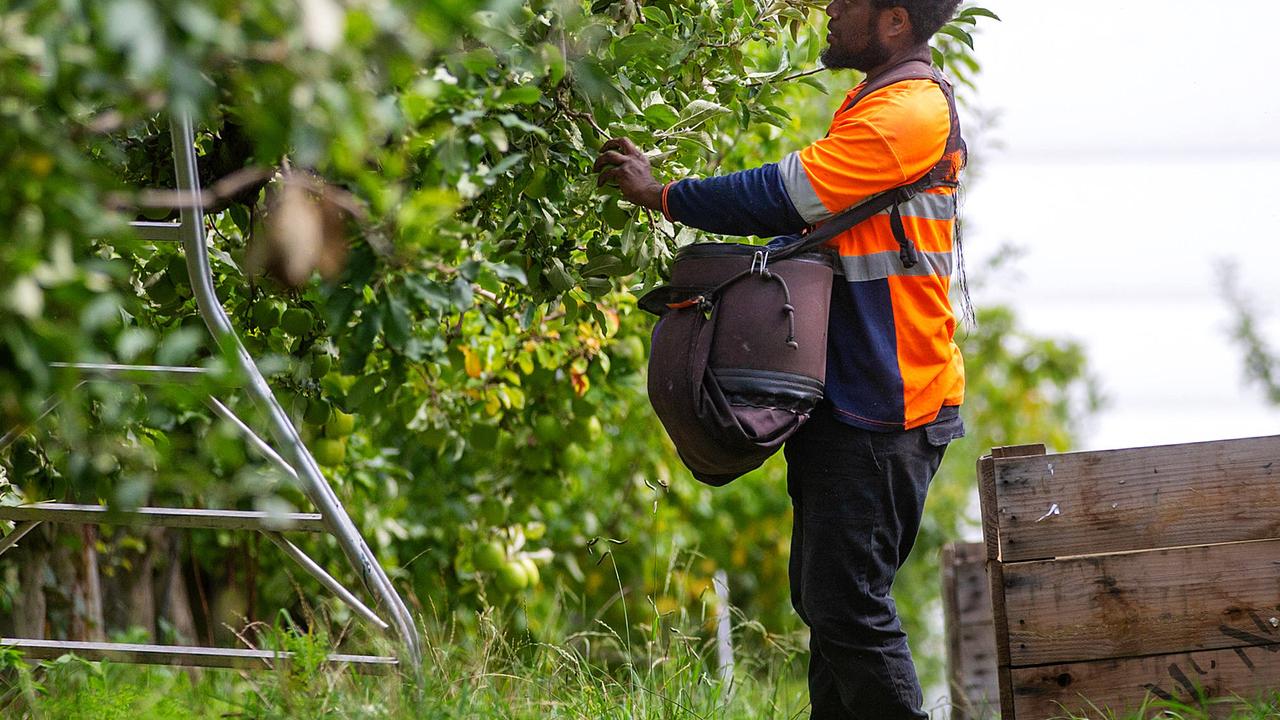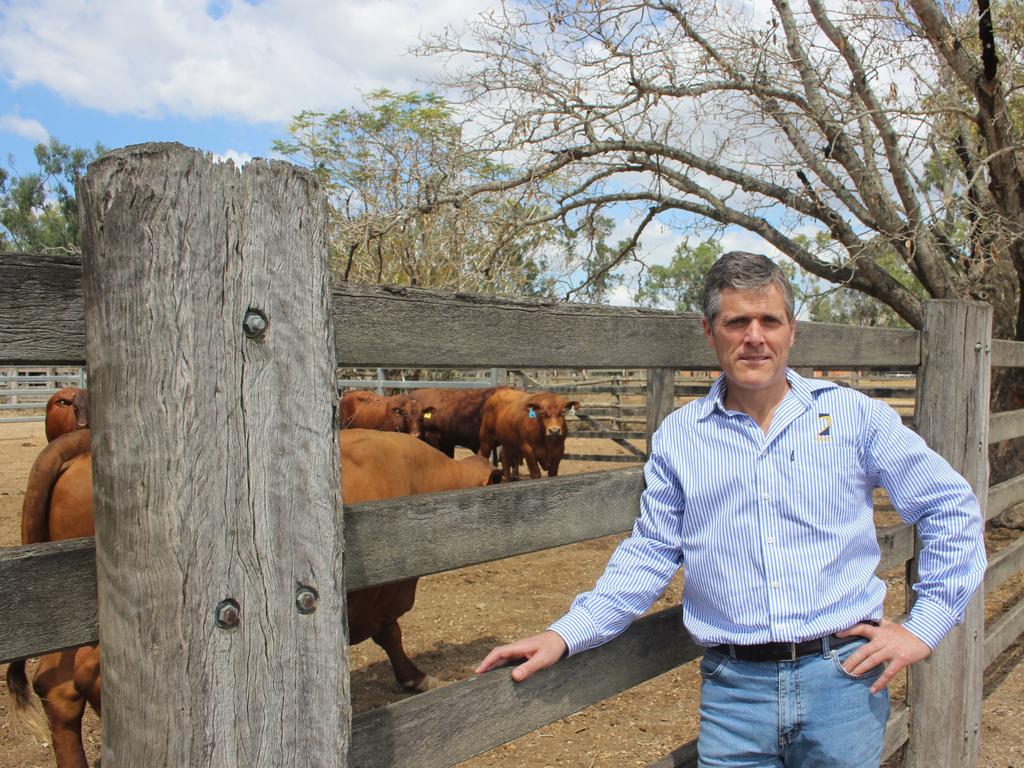Farmers warn new rules could force up fruit, vegie prices
Farming representatives have warned federal government changes to labour rules could threaten their viability and drive up food prices for consumers as they fight floods.

Farming representatives have spoken out against recent changes to the Palm Scheme, calling the updates “manifestly inadequate”.
The Pacific Australia Labour Mobility (PALM) scheme, a federal initiative, allows eligible businesses to hire workers for short or long-term jobs from nine Pacific islands and Timor-Leste for rural and farm workforces with seasonal job opportunities.
In August of 2023, the federal government announced it would introduce changes to the minimum weekly working hours for short-term workers.
Under previous arrangements, employers were required to offer short-term workers 30 hours of work per week, averaged over the period of the worker’s placement.
As of January 1, 2024 employers are required to ensure an average of 30 hours of work a week, averaged over four weeks.
In July of this year, the average will drop to weekly, putting pressure on farmers to ensure they are only bringing in short-term staff if they can guarantee 30 hours of work a week, every week.
Employment Minister Tony Burke previously said the changes represented a “strengthening” of workplace protection for Pacific workers in Australia.
“The new Deed and Guidelines comes after extensive consultation with stakeholders, including employer groups, industry representatives, unions, community groups, Approved Employers, Pacific and Timor-Leste governments, and the states and territories.”
Federal LNP MP Colin Boyce has since criticised the changes, calling the decision “anti-farming” and said it would raise food prices and diminish crops.

He said the seasonal nature of agriculture, coupled with unforeseen weather events, meant farmers could rarely ensure such a prediction of work, despite claiming short-term workers already averaged 42 hours per work.
“Labor does not understand the agriculture sector, while continuing to ignore the pleas from other Association of Southeast Asian Nations to send workers to Central Queensland under the Agriculture Visa, which Labor scrapped,” he said.
AgForce CEO Michael Guerin backed the MP’s words, and said the decision to shift away from previous visas towards the Palm Scheme harmed the country's agricultural workforce which relies on international workers.
He said the Palm Scheme was “manifestly inadequate” at filling the purpose it was designed for, with recent changes only making it harder for farmers to find short-term staff.
“We’ve heard this from members for a while now, there’s been an incredible amount of stress put on farming communities by not being able to have a fit for purpose workforce,” Mr Guerin said.
He said the announcement further limited the confidence farmers had in ensuring workers for crops, and extreme weather events such as the recent flooding in far North Queensland only prevented farmers from engaging with the program.
“They were about to harvest watermelons and avocados...and the floods arrived so they haven’t been able to harvest and not only that they have lost the crop,” he said.
“If they had to commit to 30 hours per week...then not only would they have the devastation of losing their crop, they’d have all the costs of employment with no work to provide.”

Mr Guerin said the decision, aimed at reducing exploitation of season workers only vilified the large majority of farmers who had historically done the right thing by workers.
“You talk to producers and they care about the community, they care about the people that work for them, they want to encourage more and more of the seasonal trade because they struggle to get workers,” he said.
A Employment and Workplace Relations spokesperson said low, inconsistent hours was a key driver behind workers leaving the program.
“Workers who are offered fewer than 30 hours every week struggle to support themselves and their families in the Pacific and Timor-Leste,” they said.
The decision to make the work-week change followed 18 months of consultation with key stakeholders including the National Farmers Federation, Australian Fresh Produce Alliance and Growcom.
The changes come after 2023 calls for a royal commission into the Palm Scheme following the deregistration of Tasmanian labour hire company Linx Employment.
Linx found itself in hot water after claims of “well documented” abuse and “modern slavery” were revealed.
Federal Agriculture, Fisheries and Forestry Minister Murray Watt was contacted for a comment but did not respond by deadline.
More Coverage
Originally published as Farmers warn new rules could force up fruit, vegie prices




